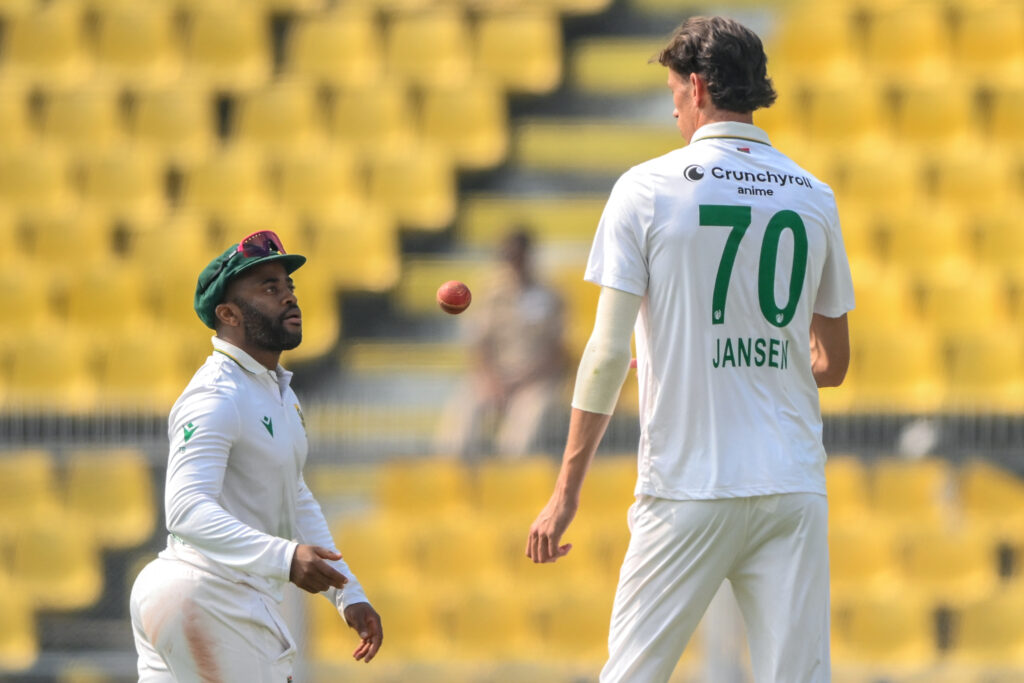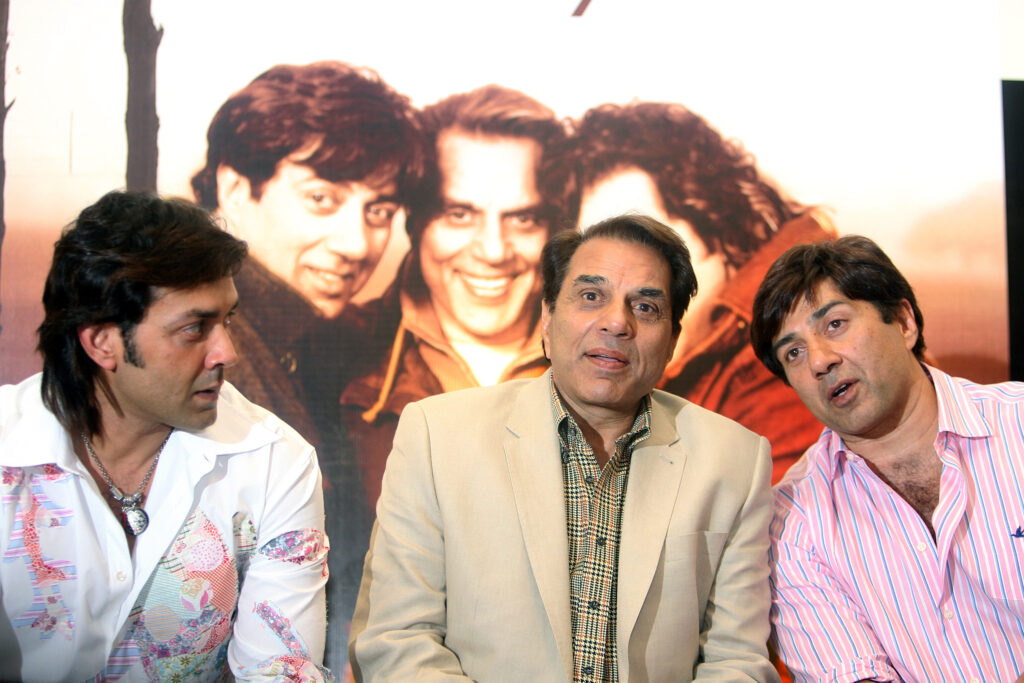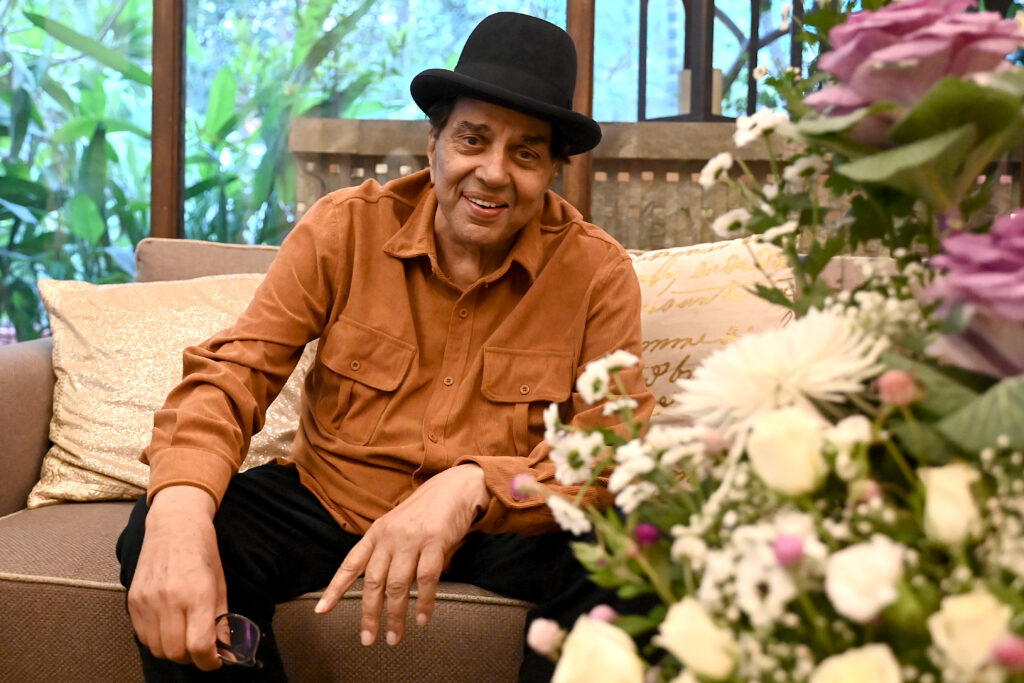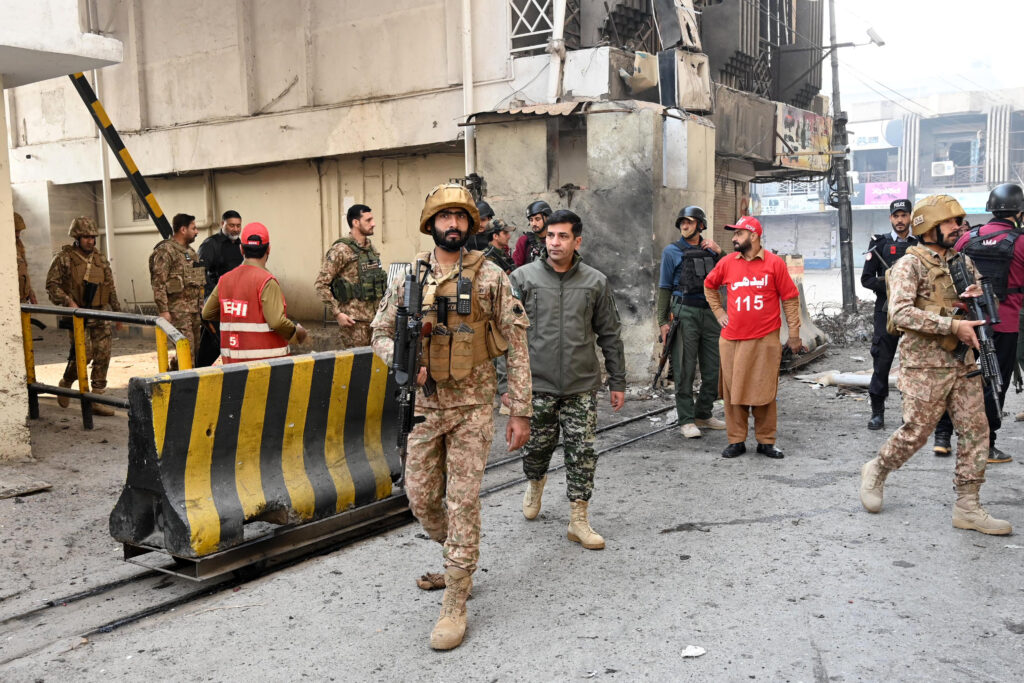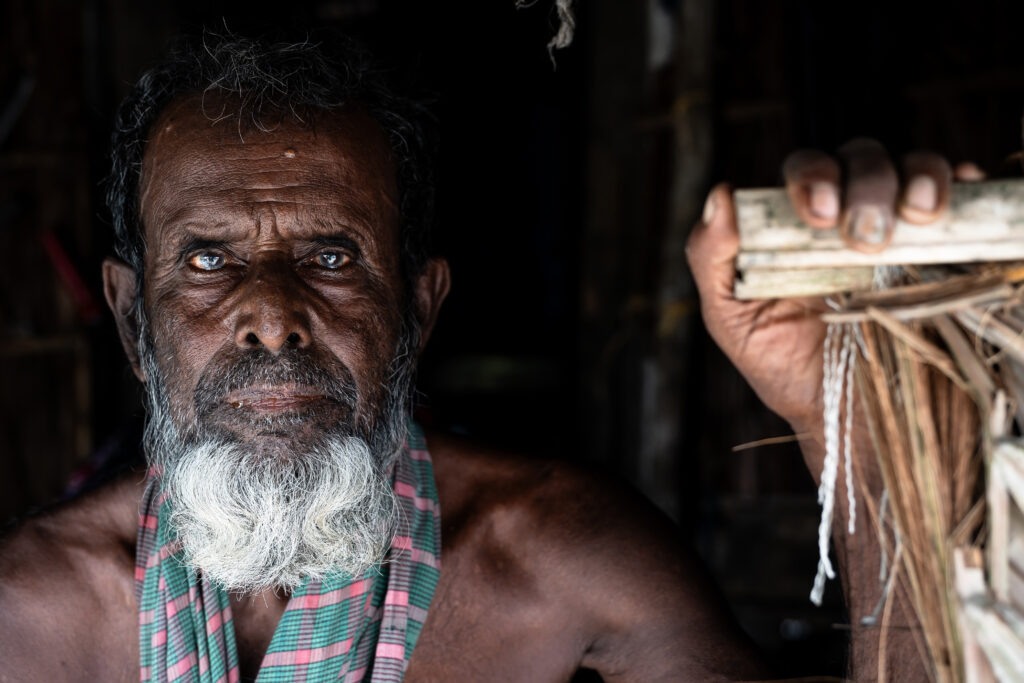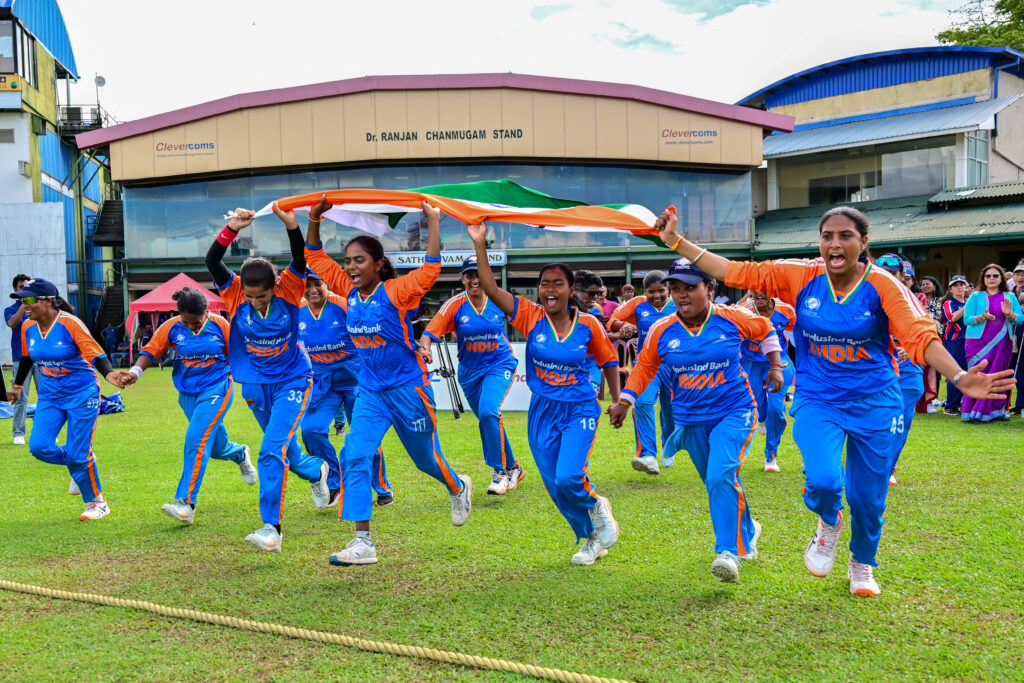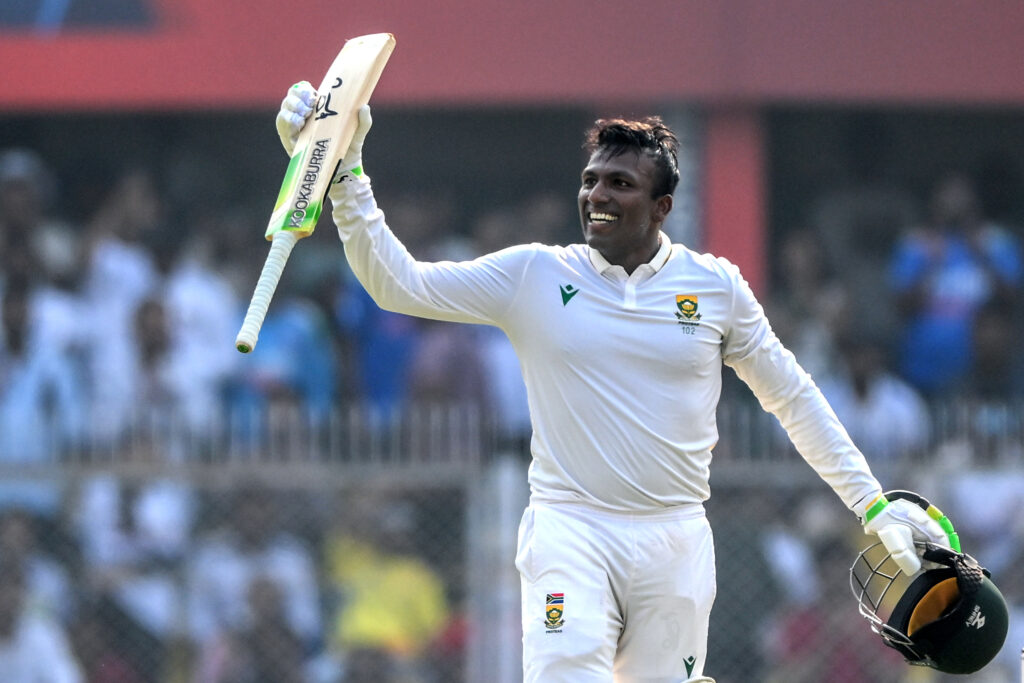Jansen takes six as South Africa close on historic Test series win
Towering pace spearhead Marco Jansen took six wickets to put South Africa in sight of a first Test series win in India in 25 years after bundling out the hosts for 201 in the second match on Monday.Replying to South Africa’s 489, India were 288 behind in their first innings but the tourists did not enforce the follow-on and decided to bat again on day three in Guwahati.After winning the first Test in the two-match series in Kolkata, South Africa are closing on a first series win in India since Hansie Cronje’s team triumphed in 2000.India are under massive pressure once more, having suffered their fourth defeat in six Tests at home in the first match.A dominant South Africa reached 26-0 at stumps to extend their lead to 314 in the second innings.Left-handed Ryan Rickelton, on 13, and Aiden Markram, on 12, were batting when bad light ended the day’s play in the northeastern city, where the sun sets early.Jansen, a left-arm quick, claimed his fourth five-wicket Test haul before wrapping up the Indian innings with his sixth strike of the day in the final session to return figures of 6-48.”Obviously a good day for the chaps and for myself in particular,” said Jansen.”I feel the spinners did a really good job when the ball wasn’t moving as much and there was a dead period at some stage. I really feel the spinners did a brilliant job and I’m just lucky to be the one who cashed in.”India slumped to 122-7 despite Yashasvi Jaiswal’s 58 as wickets kept tumbling on what still seems like a good pitch to bat on.- Shell-shocked India -Washington Sundar, who made 48, and fellow left-hander Kuldeep Yadav resisted in a partnership of 72 off 208 balls before off-spinner Simon Harmer struck to end Sundar’s defiance.Jansen then dismissed Kuldeep for 19 off 134 balls and Jasprit Bumrah for five to pack a shell-shocked India off in under three sessions.”There is quite a few ways you can play the game and it’s up to the individuals on what their plans are,” said Sundar. “We just back our plans but at times it doesn’t go our way.”On the pitch, Sundar said, “It’s a true wicket and not many days you get to bat on such tracks, especially in India. If you spend time there runs are for the taking.”Earlier, the left-handed Jaiswal lost overnight partner KL Rahul for 22 in the first hour of play before reaching his 13th Test half-century.Jaiswal used the sweep to good effect and took on the bowlers, hitting seven fours and one six until his departure off Harmer.Harmer had Sai Sudharsan caught at mid-wicket for 15 and Jansen removed Dhruv Jurel for a duck to further put India on the back foot at the first break.The 6ft 8ins (2.03 metres) tall Jansen, who made 93 in South Africa’s imposing first-innings total, used the bouncer to snare the Indian batters with Jurel falling to the pull off a short ball.Skipper Rishabh Pant fell caught behind for seven to Jansen soon after in the second session and the batting fell apart like nine pins.Aiden Markram took a stunning catch as he ran from second slip to take a one-handed diving catch to his right to dismiss Nitish Kumar Reddy off Jansen. Reddy made 10.
